We regret that it’s been more than a year! We miss you all, and we’d like to re-launch. As with everything, it’s going to be different.
We must first mark our losses. Before the pandemic, we lost Ann Snitow, and New York University’s Center for European & Mediterranean Studies told us that they could no longer host us. From COVID, we have lost long-term friends of the workshop, including Vesna Kesic, and the travel across borders that fostered so many of our relationships and our thinking–that Ann reexamined in her last book, Visitors: An American Feminist in East Central Europe–came to a virtual halt.
While this community will not be the same, we would like to take this opportunity to co-create something new with all of you. For this next year–while we search for our new location–we’d like to create a virtual, international space for us to meet, share ideas, and keep exploring the questions at the intersection of feminist activism and empiricism that have driven the workshop since 1993: the exploration of questions related to gender in postcommunist countries of East, South and Central Europe and the former Soviet Union, including the Baltic countries and Central Asia, and their relationship to Europe and the European Union.
Theme: This year we are wide open as to the theme. The world seems upside down, and many of us have been busy with care and compassion work for ourselves and others. We look forward to finding out what you’re observing and thinking about.
Details:
- Meet monthly on Fridays, via Zoom, 2-3 PM New York time (8-9PM Poland time)
- Presenters share a 10-15 page paper in advance to those who have registered. The workshop presentation will be limited to 20 minutes to allow maximum time for conversation.
- We will moderate the sessions so that we check in with what we are all thinking about, hear and see the key ideas of the paper, and have lots of time to discuss collaboratively, using all the Zoom tools available
The purpose is to continue as an informal and friendly gathering for feminist scholars, activists, and journalists to discuss recent theoretical and/or critical work, empirical research, and critical and scholarly reflections on activism.
To participate, please fill out this google form with your name, email, location/affiliation, current related interests. We have also created a space there for you to share your thoughts and suggestions about the workshop.
If you’d like to present your ideas this year, please also add the following:
- tentative title for your talk
- abstract of less than 200 words describing your proposed talk
- up to 5 recent publications or information about your activism
- your schedule clarifying which Fridays you could present
We regret that, as of this year, we have no funds for an honorarium. All are welcome to participate. We will start reviewing proposals on July 20, 2021.
For more information on the workshop’s history, see our blog:
https://gendertransformationeurope.wordpress.com/
Warmly,
Janet Elise Johnson, Brooklyn College, City University of New York johnson@brookyn.cuny.edu
Mara Lazda, Bronx Community College, City University of New York mara.lazda@bcc.cuny.edu
Forthcoming in July 2021: https://www.routledge.com/The-Routledge-Handbook-of-Gender-in-Central-Eastern-Europe-and-Eurasia/Fabian-Johnson-Lazda/p/book/9781138347755
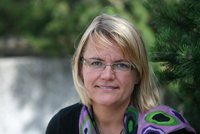
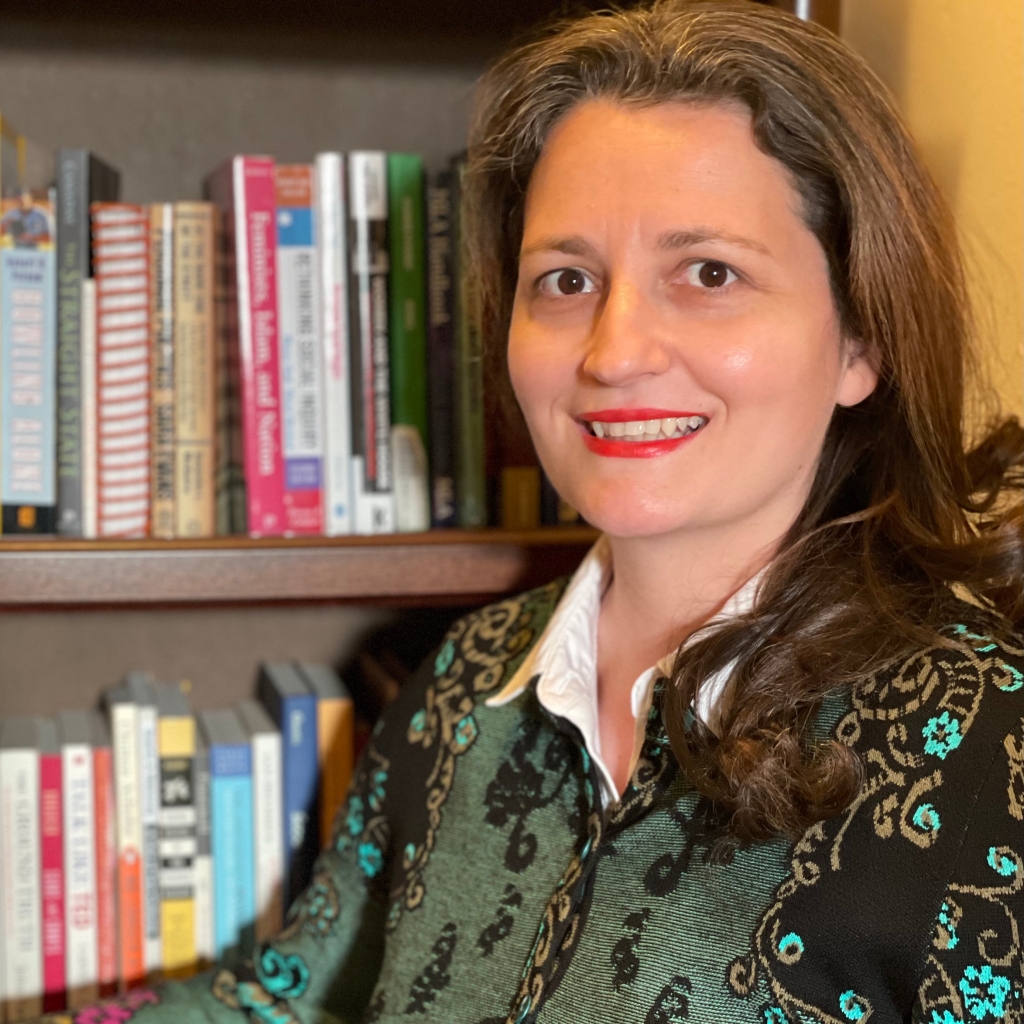

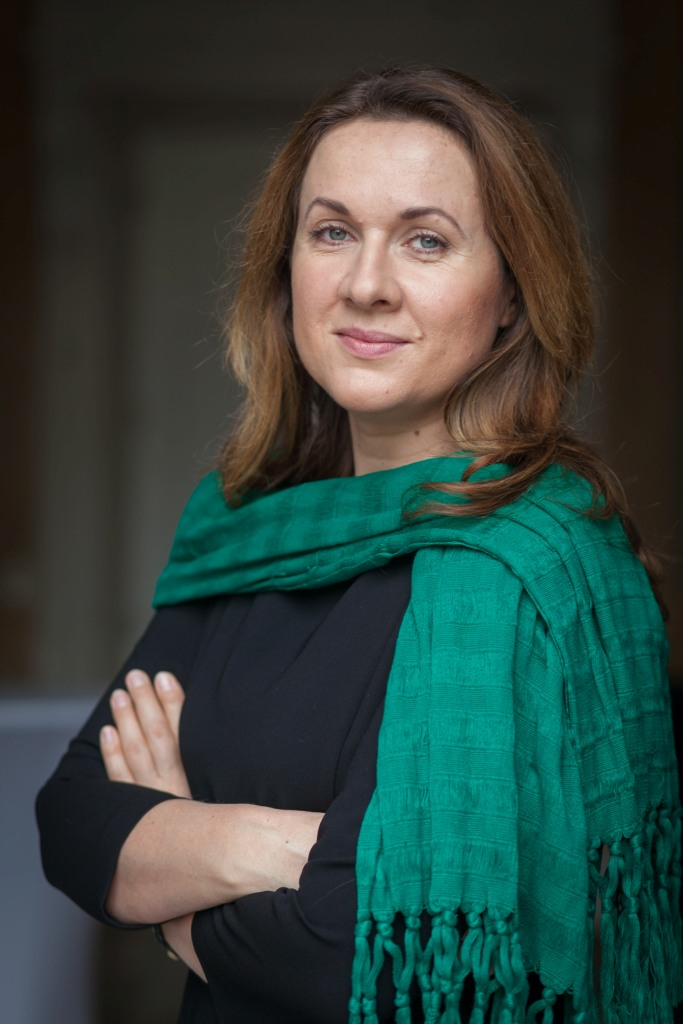
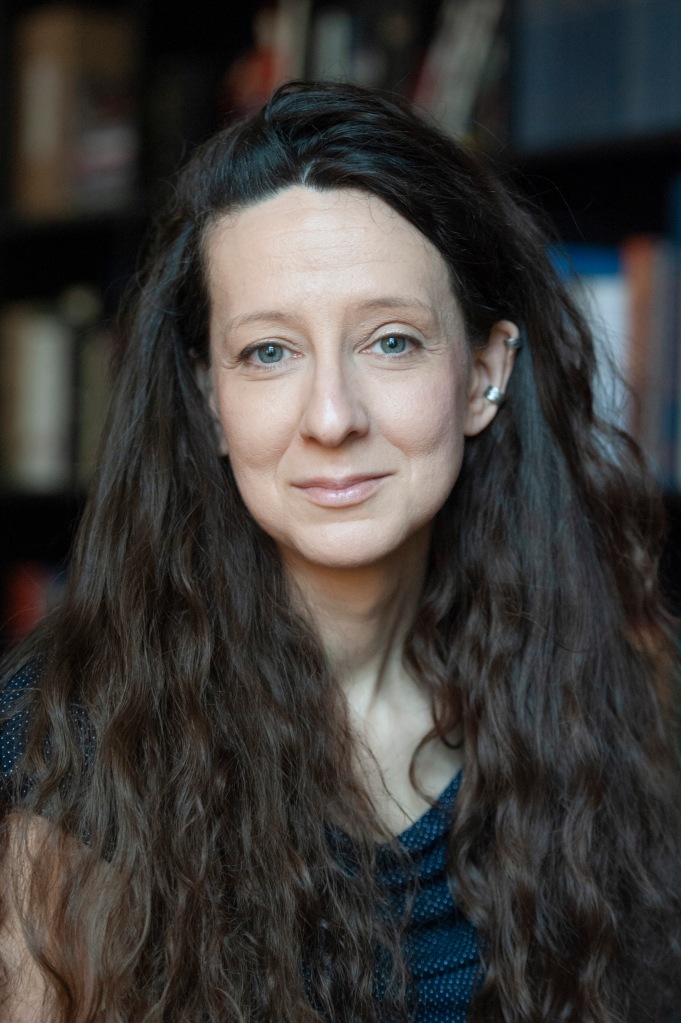
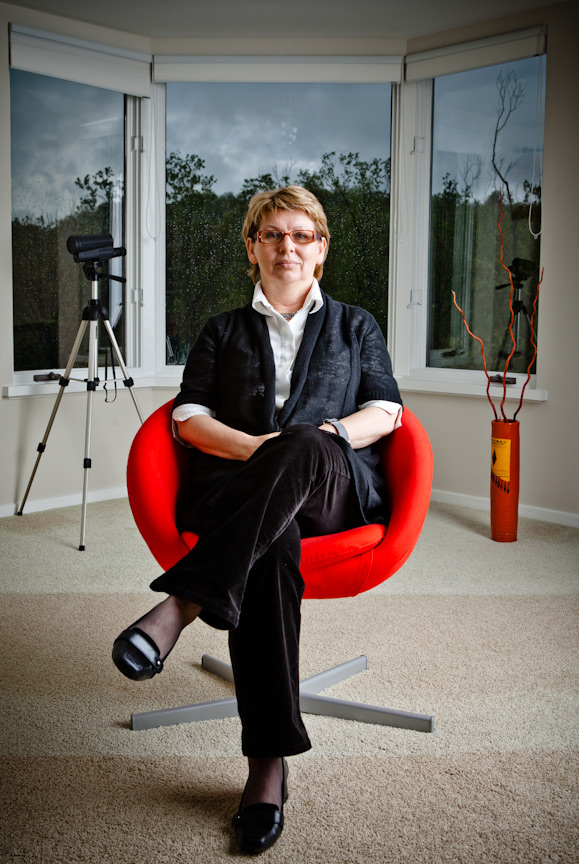
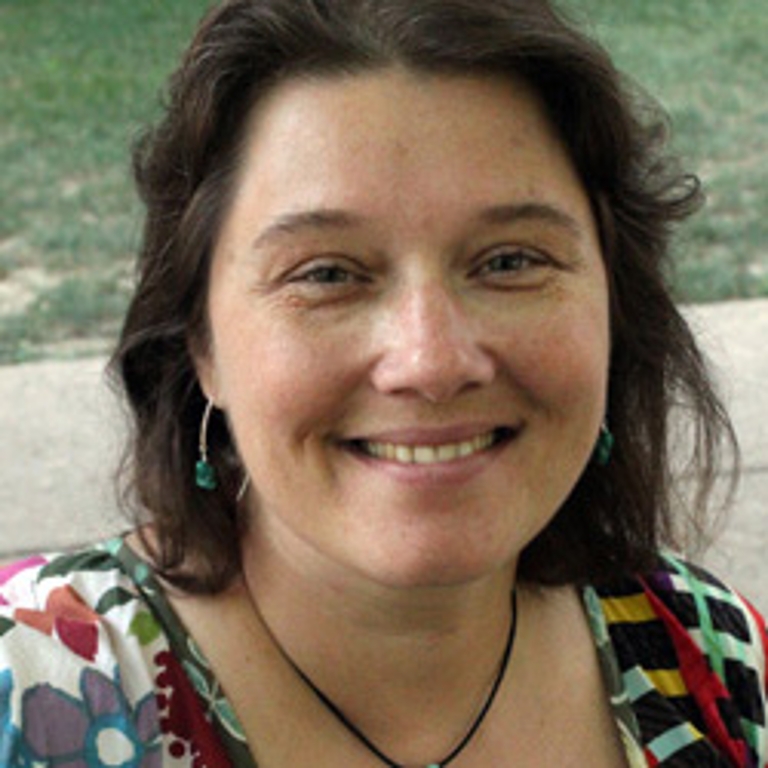
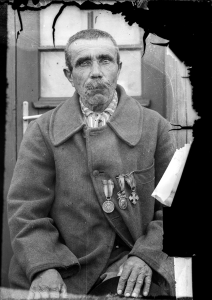
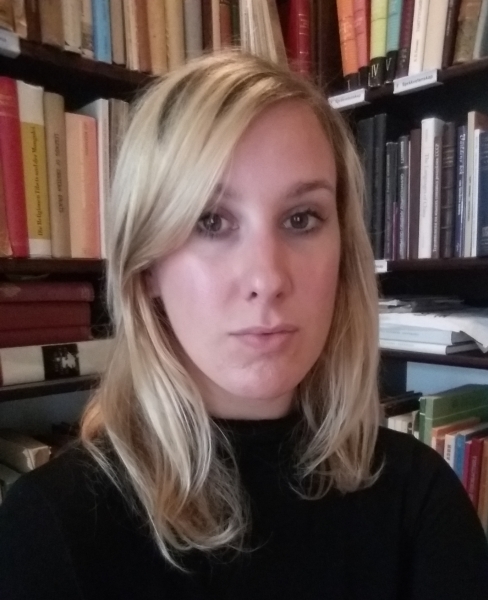 in Sundsvall, Sweden, and a visiting PhD researcher at the Department of Political Science and International Relations at Boğaziçi University in Istanbul, Turkey. In 2018–2019, Ehrhart was a research fellow at the Swedish Research Institute in Istanbul (SRII), conducting fieldwork in Turkey as part of her PhD research. Her research interests include women’s political representation, women’s civil society engagement, de-democratization processes, and gender politics. In her PhD dissertation, “Women’s political representation and civic engagement in contexts of democratic transition,” Ehrhart studies practices of linking and building relationships drawing on the experiences of women’s organizations and women politicians in contemporary semi-democratic Turkey.
in Sundsvall, Sweden, and a visiting PhD researcher at the Department of Political Science and International Relations at Boğaziçi University in Istanbul, Turkey. In 2018–2019, Ehrhart was a research fellow at the Swedish Research Institute in Istanbul (SRII), conducting fieldwork in Turkey as part of her PhD research. Her research interests include women’s political representation, women’s civil society engagement, de-democratization processes, and gender politics. In her PhD dissertation, “Women’s political representation and civic engagement in contexts of democratic transition,” Ehrhart studies practices of linking and building relationships drawing on the experiences of women’s organizations and women politicians in contemporary semi-democratic Turkey.
Recent Comments